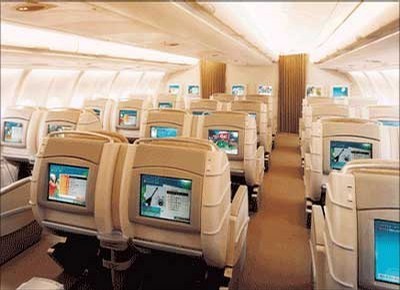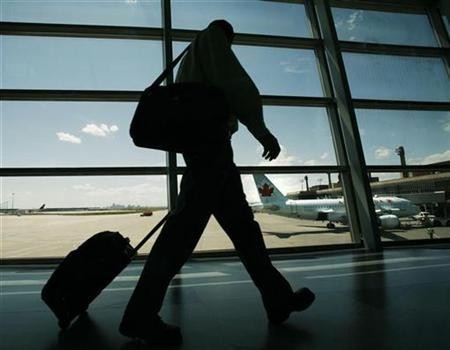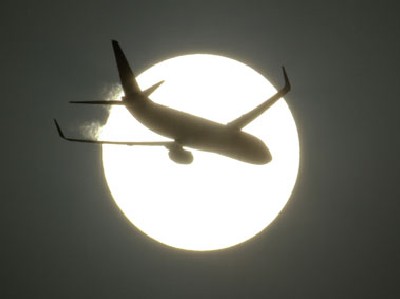 | « Back to article | Print this article |
FDI in aviation: Is this a good move?
Civil Aviation Minister Ajit Singh announced on Tuesday that a consensus had been reached to allow foreign airlines to invest in the Indian aviation sector.Foreign carriers would be allowed to buy up to 49 per cent of India's airlines, he said, adding that this consensus would soon be taken to the Union Cabinet for approval.
Foreign direct investment (FDI) in India's aviation sector is long overdue; the Cabinet should back Mr Singh's decision -- which was taken following a meeting with Finance Minister Pranab Mukherjee, Petroleum Minister Jaipal Reddy and Commerce Minister Anand Sharma.
For Rediff Realtime News, Click Here
Click NEXT to read more...
FDI in aviation: Is this a good move?
Given the uproar over FDI in retail recently, it is worthwhile to restate how foreign investment can help domestic sectors. It reduces the cost of capital to domestic firms, allowing them to undertake necessary investment.
It eases the process of the transfer of cutting-edge technology and global best practices. Competition generally increases in well-developed sectors, and systemic risk decreases.
All these factors are viewed by investors in the sector as positives; airline stocks have, predictably, risen following Mr Singh's announcement.
Click NEXT to read more...
FDI in aviation: Is this a good move?
India's consumers, of course, do not need to be told about the benefits of FDI. They have seen it in sector after sector -- banking, for example, and automobiles. Improvements in efficiency, service and quality standards are both expected and necessary.
India's airlines are being swamped by rapidly increasing demand which, when combined with capacity constraints, has affected their performance. They increased capacity by three per cent year-on-year in January 2011, although the number of passengers, on average, grows 17 per cent year-on-year.
Due to a combination of factors – including government policy on fuel pricing, the preferences given to Air India, and some private airlines' problematic business models – the companies in this booming market mostly make losses, and some have giant debt burdens.
Click NEXT to read more...
FDI in aviation: Is this a good move?
Whether or not the FDI decision has been prompted by the much-publicised woes of one such, Kingfisher Airlines, it nevertheless promises to help increase market discipline in the entire sector.
While it is true that these are troubled times for airlines globally, some of them have enough financial resources to be able to invest in an Indian market that has massive growth potential.
Across India, a growing number of people will take flights in the coming years, some for the first time. India's pioneering private airlines deserve considerable credit.
Click NEXT to read more...
FDI in aviation: Is this a good move?
Yet most flyers will agree that the sector needs a shake-up; and so will most analysts.
It should not come alone, though. It needs to be accompanied by the rationalisation of other aspects of civil aviation policies. More airports are needed, especially in smaller towns where demand is exploding.
And airports need to be better planned and managed; for example, a set of international airlines have told the Airports Economic Regulatory Authority that multi-fold increases in landing charges will drive traffic away from Delhi's airport. Flying in India is set for continued growth. Policy across the board needs reform.





